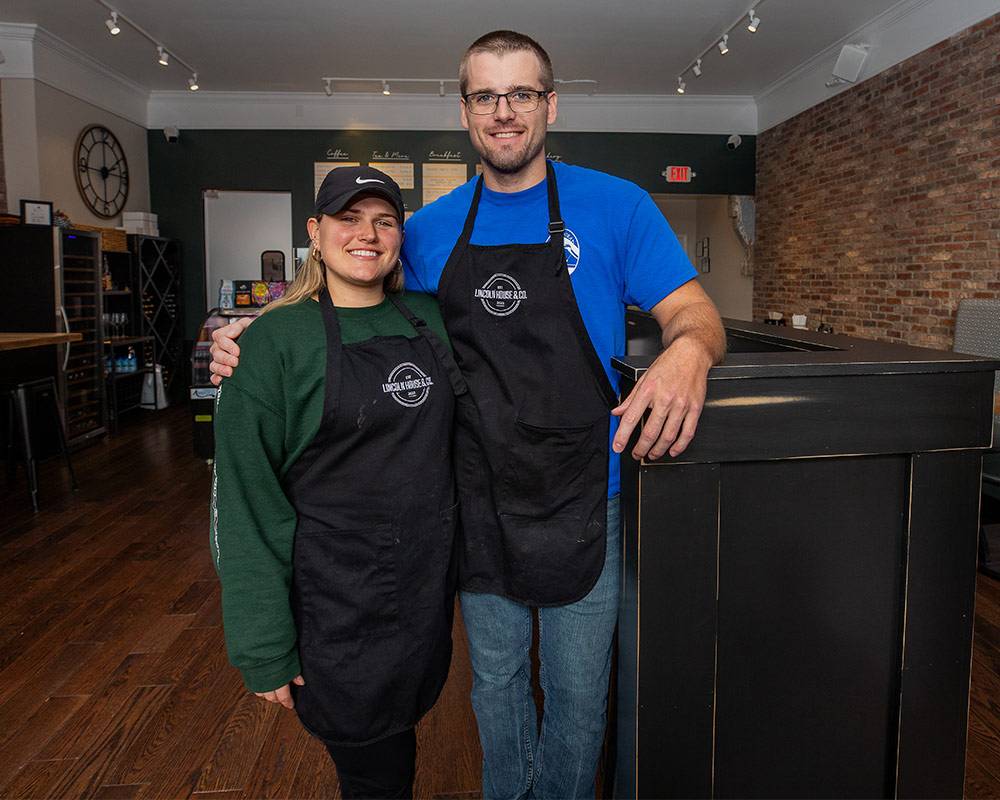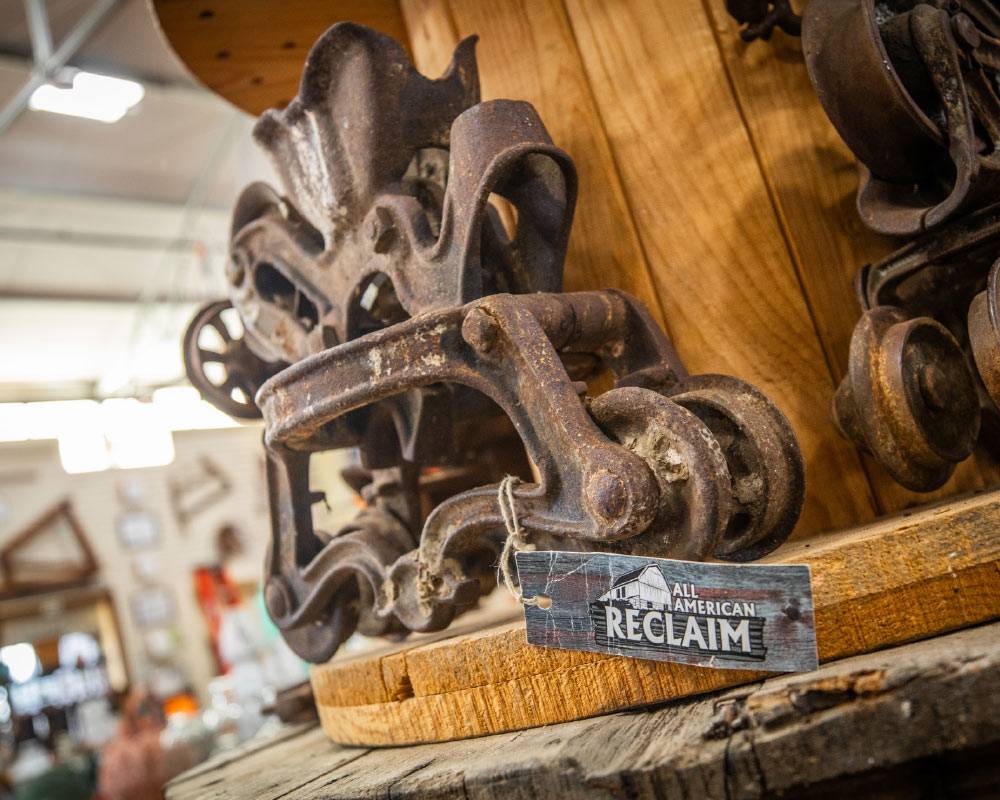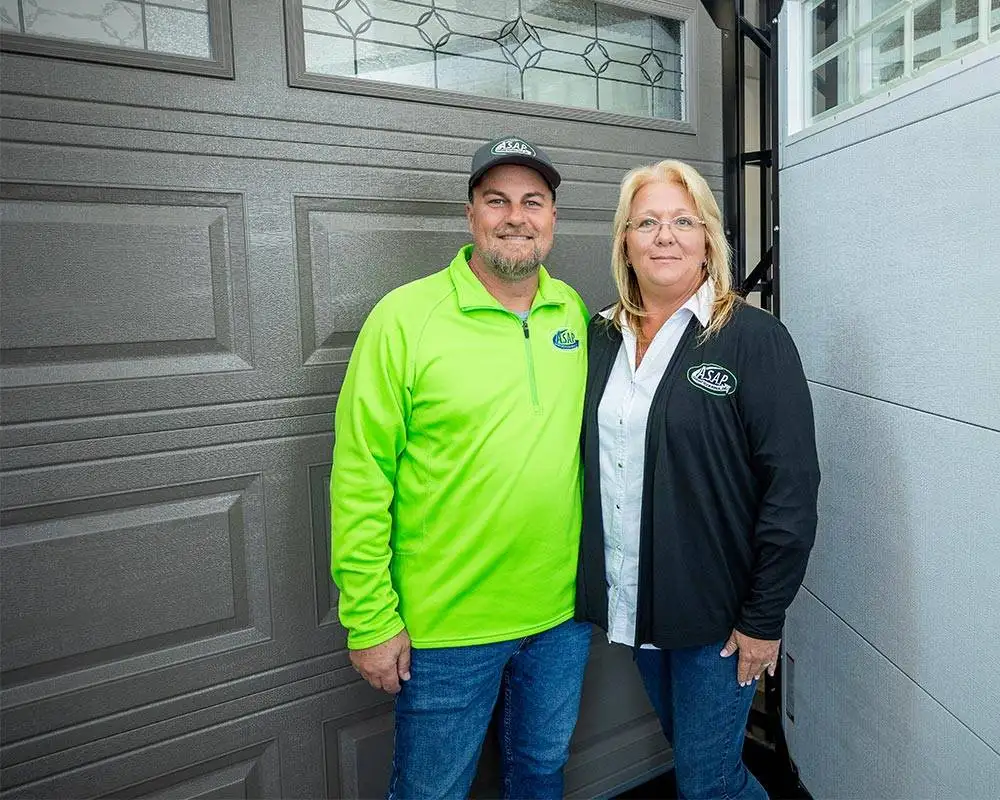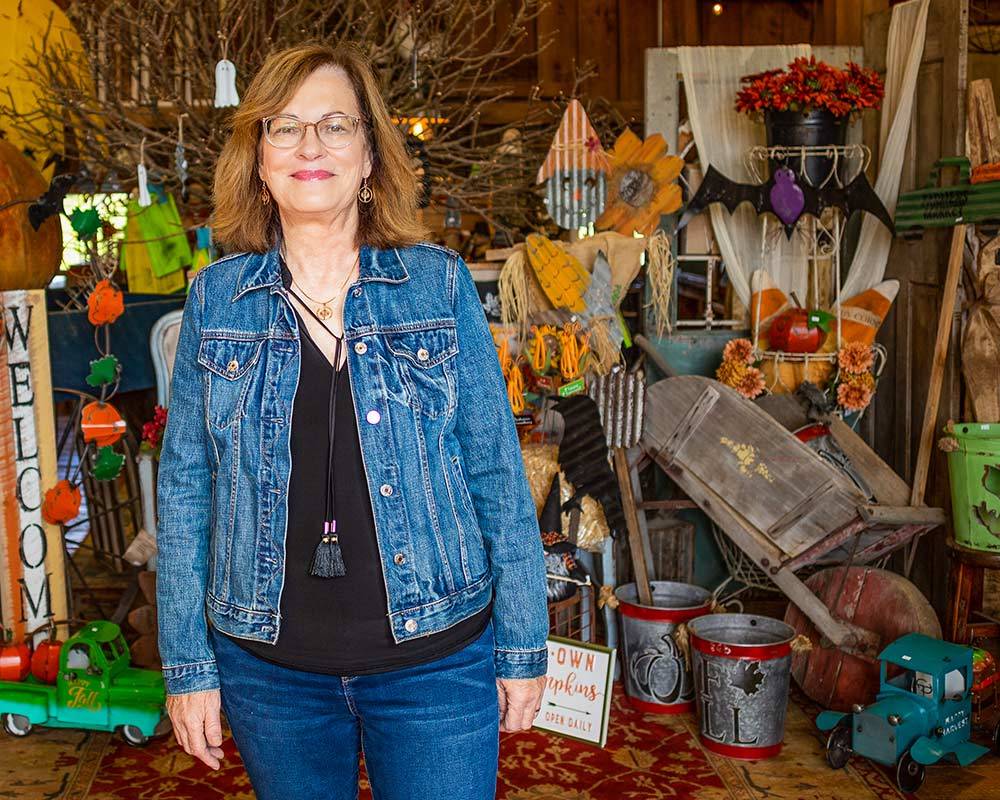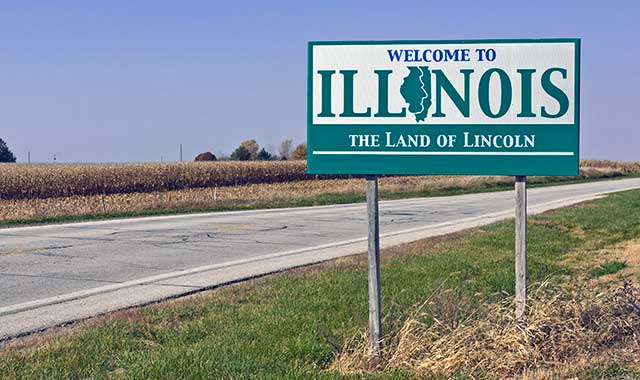Children in the foster care system face many challenges, but finding a loving family shouldn’t be one of them. One Barrington agency is making sure of it.

Lindsay Long spent 10 years as a teacher. Over that time, she supported several students in foster care.
After she discovered Illinois needed more foster parents, Long and her husband, Scottie, decided to get involved.
With the help of Let It Be Us (LIBU), a foster and adoptive parent recruitment agency located in Barrington, the Longs started fostering an 8-year-old girl three years ago. Their daughter is 11 years old today.
The couple preferred to foster a girl who’s a little older because they knew that age group is harder to place.
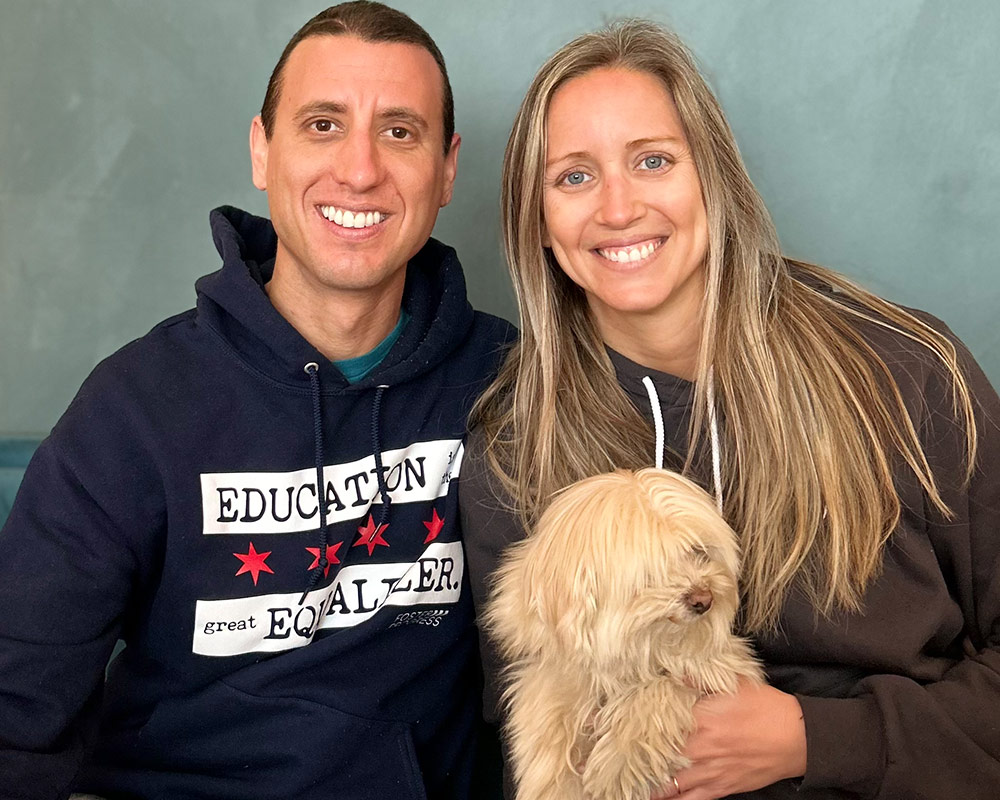
“Scottie and I always talked about adopting, but we didn’t know much about foster care,” Lindsay says. “We talked about it and we thought there’s a lot of kids in the United States and Illinois who need good homes, so we decided to pursue the journey.”
Susan McConnell, executive director and founder of Let It Be Us, started the nonprofit organization about 10 years ago. McConnell worked on a recruiting project with the Illinois Department of Child and Family Services (DCFS) and during that project, she saw a pressing need.
“I knew there was demand and supply, but they didn’t know how to get to each other, so I built LIBU to be that bridge,” says McConnell, who has four kids, three of whom came to her family through adoption. “We take all those families who want to adopt or foster and put them on one side of the bridge. On the other side are the kids. Our staff is in the middle, and we connect them. At the end of the day, when I lay my head down, I know we’re doing the right thing because we’re putting kids in the right homes, and that makes a meaningful difference in their lives.”
There are thousands of children who enter foster care in Illinois every year, so LIBU is desperately trying to connect these children to caring and loving families.
The organization is privately funded without a contract with DCFS, so it’s continually seeking support from businesses, corporations and foundations to help fund its programs. The organization has eight full-time employees and two part-time staff members.
“It’s emotionally heavy to learn what these kids have gone through in their past traumas, neglects and abuses and watching them become a number to the legal system,” Scottie Long says. “Because, sadly, there are so many kids with unfortunate circumstances. It’s no fault of their own and it’s hard for them to understand. It’s also hard to process what they’ve been through.”
McConnell says the process to connect kids with families is an extensive one, but something that needs to be done with a fine-tooth comb.
“It’s complicated, and our work uses good old-fashioned customer service, experience and technology, and we specialize in getting kids in homes, in foster care and in adoptive homes,” McConnell says. “We have an extensive database of demographics, and we have targeted matching tools. With the right placement, these children can thrive.”
The youths who come to LIBU are in foster care and come through the Illinois child welfare system under the care of DCFS. Caseworkers come to LIBU when they can’t find a placement for a child.
“We don’t have enough licensed foster homes in the northern region of Illinois or anywhere in the state, so when a kid comes into foster care or is moving through the system and they need aparticular placement, they come to LIBU,” McConnell says. “Using our proprietary database of more than 900 licensed foster homes, we work to locate appropriate and open foster homes for youths.”
There’s a method to placing the kids, McConnell says. If a caseworker is looking to place siblings of the opposite sex, they’d need a home with two open beds, and each kid would need their own room. But if they’re the same sex, then they can share a room. If a child was sexually trafficked, LIBU will place that child in a home with only females, or if a child is deaf or hearing impaired, they’ll be placed where someone knows American Sign Language.
Location is also a consideration, McConnell says. Ideally, a child who is placed wouldn’t have to switch schools, so LIBU tries to place children near the school they currently attend.
“Placement in the proper home can have a strong effect on permanency, and that’s the most protective layer you can give a child,” McConnell says. “When you place a child in the right home, you’re securing permanency for that child.”
The worst thing that can happen to a child, McConnell says, is they turn 21 and age out of foster care without a permanent family or a place to belong. A significant number of boys end up incarcerated; about 45% of the girls are pregnant by the time they turn 19, and 37% of kids in foster care earn a high school degree, but they often end up experiencing homelessness.
“You need the help and encouragement from a family to graduate from high school, and you need a family to have a lifelong support system,” McConnell adds. “If you have those basic needs met and can get a high school degree and can rely on a family throughout your life, you’ll be OK. We work to get these kids a family who’ll be there forever. Then, they’re unlikely to experience homelessness, the girls likely won’t be pregnant at a young age and the boys won’t go to prison.”
LIBU is overseen by an eight-member board of directors that guides the activities of the organization.
“The board helps McConnell stay on course and we help them with fundraising ideas,” says Carolyne Osterhues, a board member. “These kids have such a strong drive to succeed and be loved, and they just want a forever family. Those children are warriors.”
Osterhues has had more than 20 foster children live with her family over the years, at an average of about one a year. Today, she has five children she’s adopted, ranging in age from 6 to 25.
“I think my experience as a foster parent gives me an expertise that maybe the other board members don’t have,” she says. “I’m able to give some insight as a foster parent to the board, so we can help Illinois’ most vulnerable children the best we can. It’s really exciting to be part of it.”
Families that want to know more about Let It Be Us or change the life of a foster child can visit letitbeus.org to get started.
The Longs feel grateful to be part of something that’s changed a young person’s life. They also know their journey has brought them a bundle of joy that has changed their lives for the better.
“It’s a tough journey, but I’m so glad and thankful that we did it because we have the most wonderful daughter,” Lindsay says.













